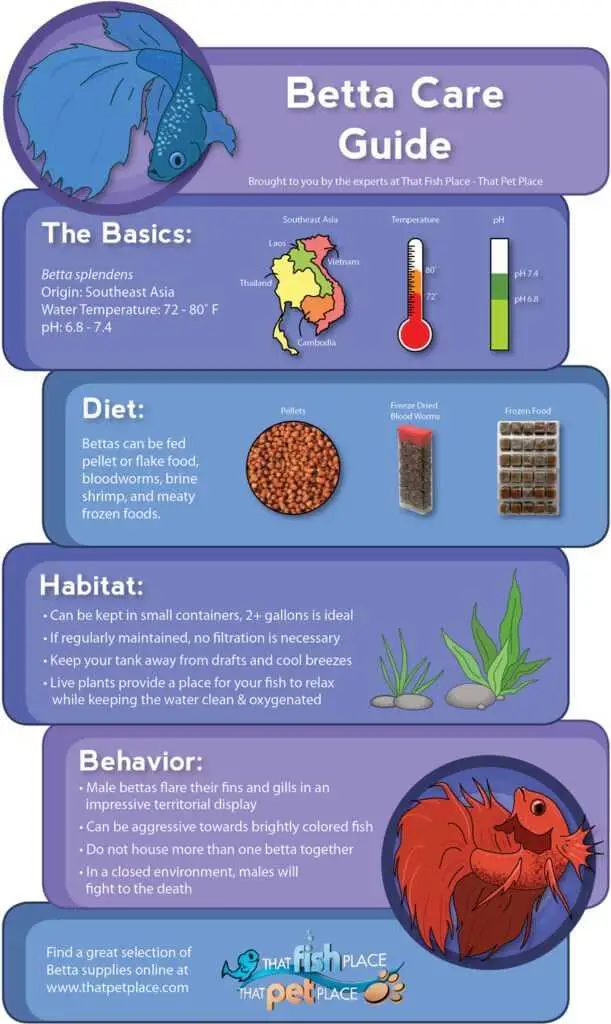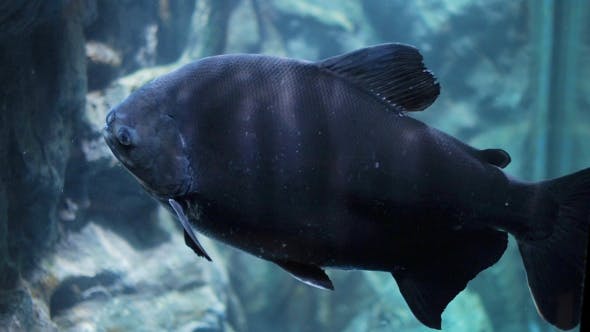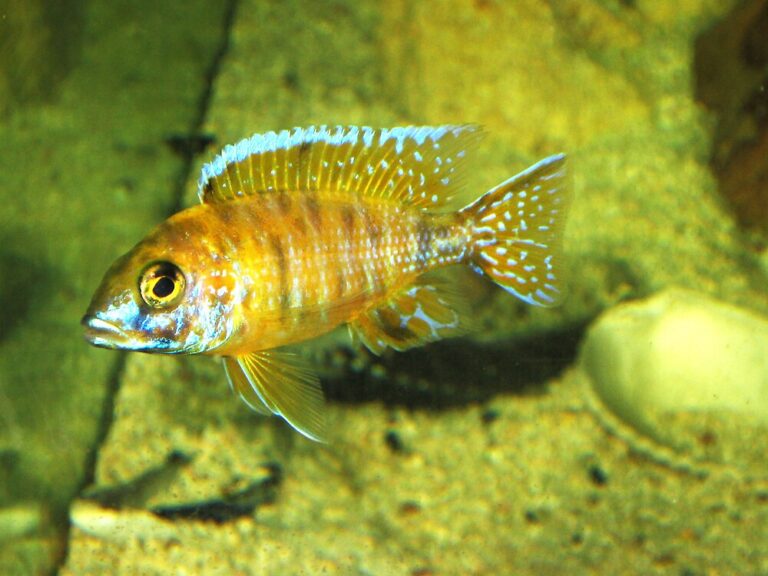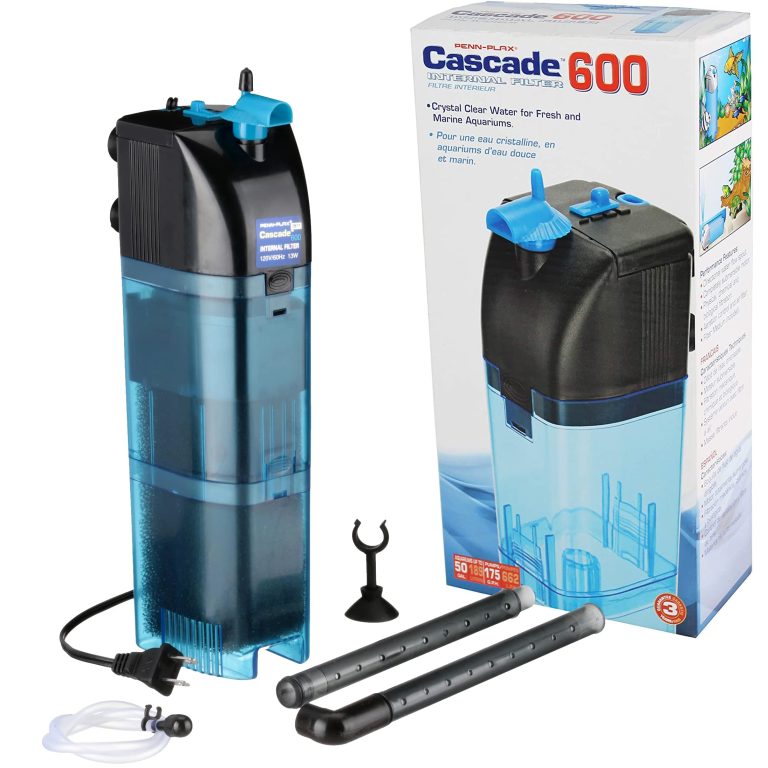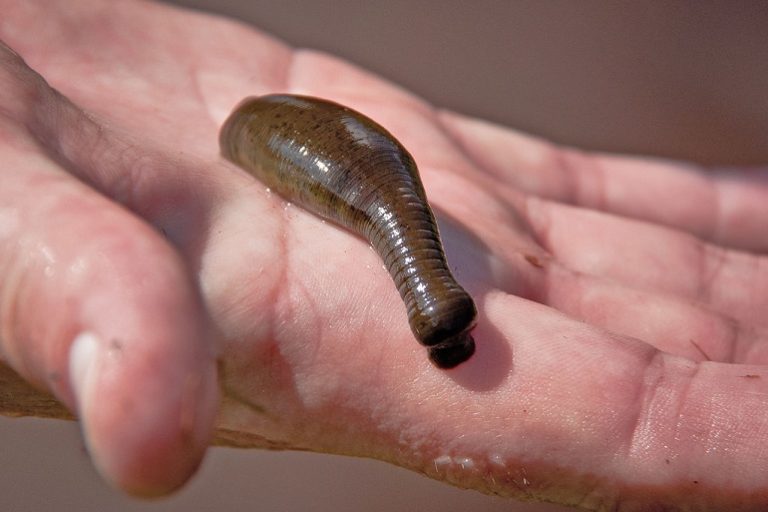Betta Fish Care
Betta Fish Care: Everything You Need to Know
Are you thinking of getting a betta fish as a pet? Well, you’re in for a treat! Betta fish, also known as Siamese fighting fish, are known for their vibrant colors and beautiful fins. These little aquatic creatures can make excellent companions, but they do require proper care to thrive. In this article, we will explore everything you need to know about betta fish care to ensure that your new pet is happy and healthy.
What do betta fish need to thrive?
Betta fish are relatively low-maintenance pets, but they still require a suitable environment, proper nutrition, and regular care to thrive. Let’s dive into the details of each aspect of betta fish care.
1. Tank Setup
A comfortable and well-equipped tank is crucial for the health and well-being of your betta fish. Here are the key factors to consider when setting up your betta fish tank:
– Tank size: While betta fish are often seen in small bowls, they actually require a minimum tank size of 5 gallons. A larger tank provides more swimming space and allows for better filtration, leading to a healthier fish.
– Water temperature: Betta fish are tropical fish and prefer warm water. Maintain a temperature between 78-80°F (25-27°C) using a reliable aquarium heater.
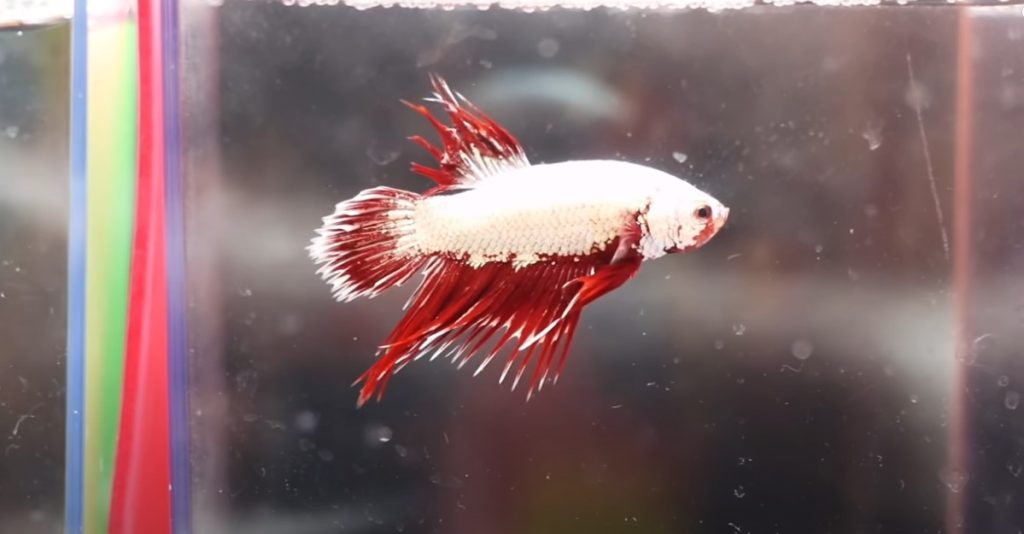
– Water quality: Regular water changes are essential to keep the water parameters stable and maintain good water quality. Use a water conditioner to remove chlorine and other harmful chemicals from tap water.
– Filtration: A gentle filter is recommended for betta fish tanks to keep the water clean and oxygenated. Ensure that the filter flow is not too strong, as bettas prefer calm waters.
2. Nutrition
Proper nutrition is vital for the health and longevity of your betta fish. Here are some guidelines for feeding your betta:
– High-quality betta pellets or flakes should be the mainstay of their diet. Look for a reputable brand that offers a balanced formulation.
– Supplement their diet with frozen or freeze-dried foods like brine shrimp, bloodworms, and daphnia. These provide essential nutrients and variety to their diet.
– Feed your betta fish small portions 2-3 times a day. Overfeeding can lead to obesity and health issues, so be mindful of portion sizes.
3. Water Parameters
Maintaining the right water parameters is crucial for the overall health and well-being of your betta fish. Here’s what you need to keep an eye on:
– Ammonia and nitrite levels: Regularly test the water for ammonia and nitrite levels, as high levels of these substances can be toxic to fish. Keep the levels at zero.
– pH level: Betta fish prefer slightly acidic water with a pH range of 6.5-7.5. Test the pH regularly and make adjustments if necessary.
– Hardness: Bettas thrive in relatively soft water. Aim for a hardness level of 2-10 dGH (degrees of General Hardness).
4. Enrichment and Habitat
Betta fish are intelligent and curious creatures. Enhance their well-being by providing a stimulating habitat:
– Add live or silk plants to the tank. These provide hiding spots and resting places for your betta.
– Include a few decorations or caves to create a sense of territory and give your fish a place to explore.
– Avoid sharp decorations or plants with rough edges, as these can tear your betta’s delicate fins.
Frequently Asked Questions
1. How often should I clean my betta fish tank?
Cleaning the tank is essential for maintaining good water quality. Perform a partial water change of about 25% every week, and thoroughly clean the tank once a month.
2. Can betta fish live with other fish?
Betta fish are solitary by nature and can be aggressive towards other fish, especially males. It is best to keep them in their own tanks to prevent stress and potential fights.
3. Can betta fish live in a bowl without a filter?
While betta fish can survive in a bowl without a filter, it is not ideal for their long-term health. Filters help maintain water quality, but if you choose to keep them in a bowl, you must perform frequent water changes to keep the water clean.
4. How can I tell if my betta fish is healthy?
Healthy betta fish have bright and vibrant colors, erect fins, and are active and curious. Look out for any signs of lethargy, loss of appetite, or unusual behaviors, as these may indicate illness.
Final Thoughts
Taking care of a betta fish can be a rewarding experience. By providing a proper tank setup, balanced nutrition, and a stimulating environment, you can ensure that your betta lives a happy and healthy life. Remember to monitor water parameters regularly and address any issues promptly. With the right care and attention, your betta fish will become a beautiful and enchanting addition to your home.
